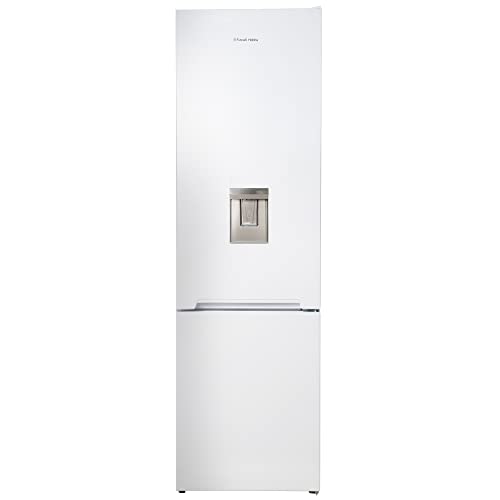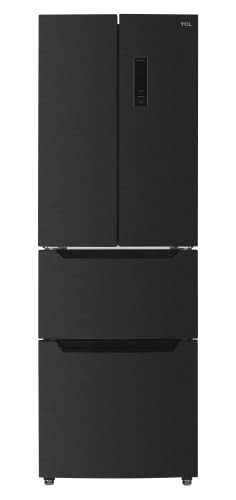Buying a refrigerator is a considerable decision for any home. The ideal fridge not only keeps your food fresh but likewise enhances the aesthetic appeal of your kitchen. With a plethora of options available in the market, prospective purchasers deal with the challenge of discovering a refrigerator that matches their needs and fits their budget plan. This post offers valuable insights into the vital aspects to think about when purchasing a fridge, classifies the different types readily available, and responds to some frequently asked concerns.
Before diving into the purchasing process, it's important to understand the numerous types of refrigerators offered. Each type serves an unique purpose and includes its own set of functions. Here's a quick overview:

| Type | Description | Perfect For |
|---|---|---|
| Top Freezer | A conventional model with the freezer compartment on top. | Budget-conscious consumers. |
| Bottom Freezer | Refrigerator above, freezer at the bottom. | Those who regularly access fresh food. |
| Side-by-Side | Two vertical sections, one for the fridge freezer next day delivery, one for the freezer. | Big families with diverse storage requirements. |
| French Door | Separate compartments for fridge and freezer with wide doors. | Elegant kitchens and avid cooks. |
| Compact | Smaller sized and portable, appropriate for minimal areas. | Dormitories or studio apartments. |
| Smart Fridges | Geared up with Wi-Fi and touch screens for advanced functions. | Tech-savvy users seeking benefit. |
Understanding these various types can help purchasers identify what matches their lifestyle and cooking area layout best.
The size of the refrigerator is one of the critical factors to think about. Procedure the readily available area in your cooking area where the fridge will reside. Bear in mind:
When purchasing a brand-new fridge, try to find energy-efficient models. Energy Star-rated refrigerators consume less electricity, which can substantially lower utility expenses. Elements to assess include:
Fridges come with a myriad of features and technological advancements. Choosing the ideal mix can substantially enhance convenience:
The visual appeal of your refrigerator can complement the general cooking area design. Consider the following styles:
While there are numerous budget choices available, investing in a reliable brand name frequently equates to dependability and durability. Think about the following:
Typically, a refrigerator lasts between 10 to 20 years, depending on the brand name and upkeep. Routine maintenance can extend its life-span.
Start by examining the temperature level settings, guarantee the door seals are intact, and keep the coils tidy. If issues continue, seek advice from a professional service technician.
Smart fridges can be helpful for tech-savvy users and those who value benefit. Functions like stock management and remote access can save time and lower food waste.

There is no one-size-fits-all answer. Nevertheless, brand names like Whirlpool, Samsung, LG, and Frigidaire are typically ranked extremely for quality and client service.
Eventually, buying a refrigerator involves a lot more than just picking a random design off the shelf. By making the effort to evaluate your needs, examining type options, understanding critical functions, and thinking about design visual appeals, you can make a notified decision that will serve your household well for years to come. With the best choice, your refrigerator will be a reputable companion in your daily kitchen area operations.
No Data Found!

